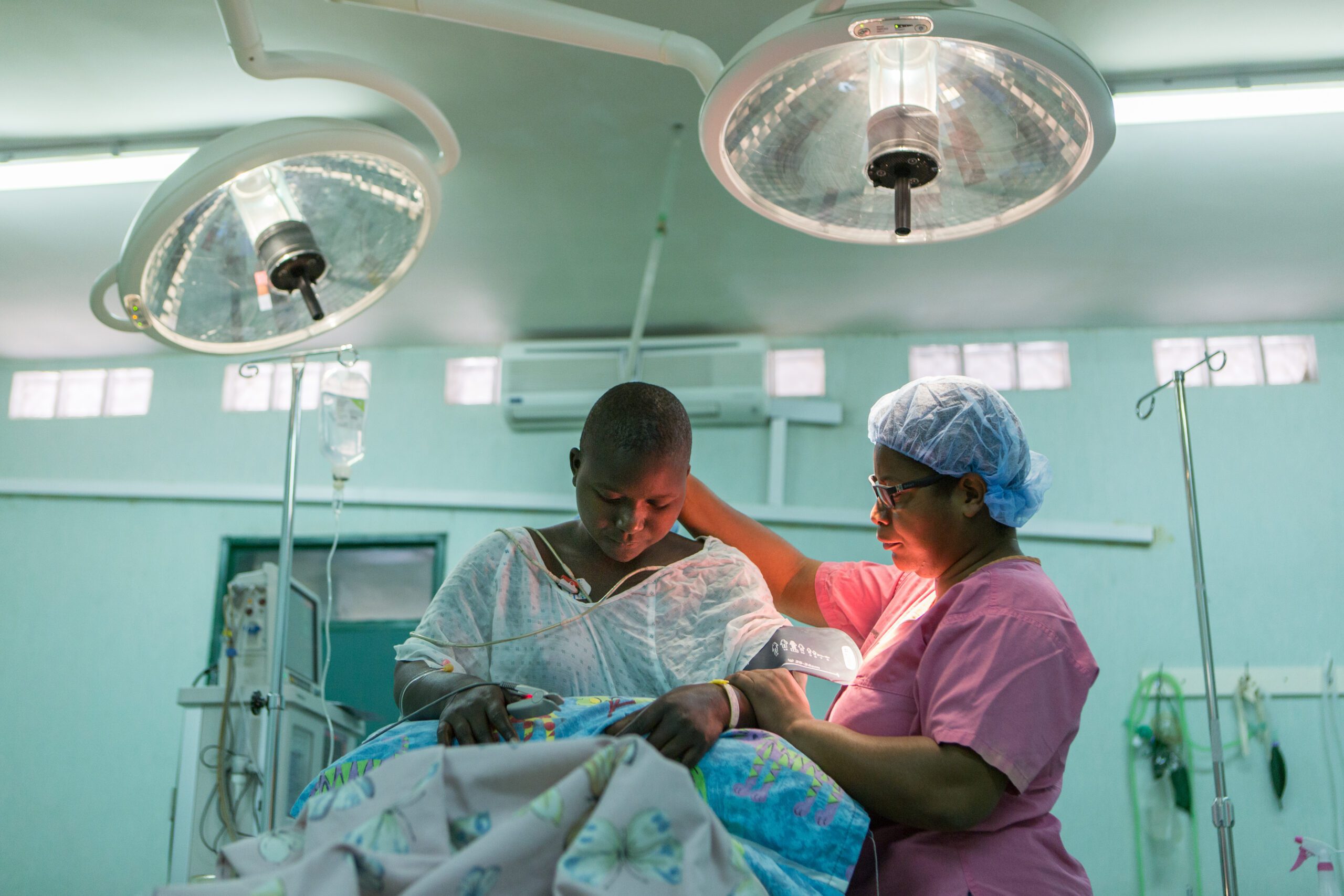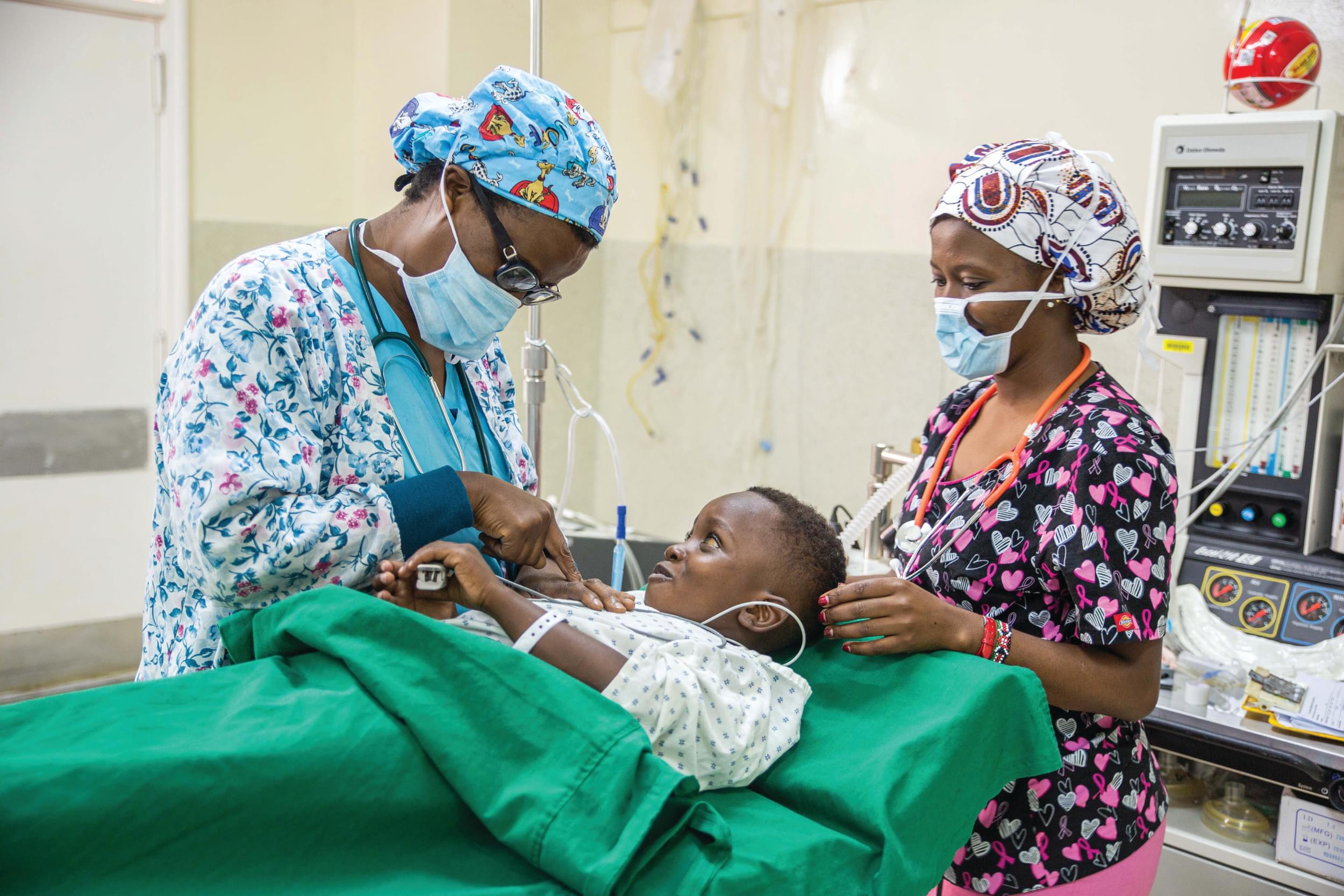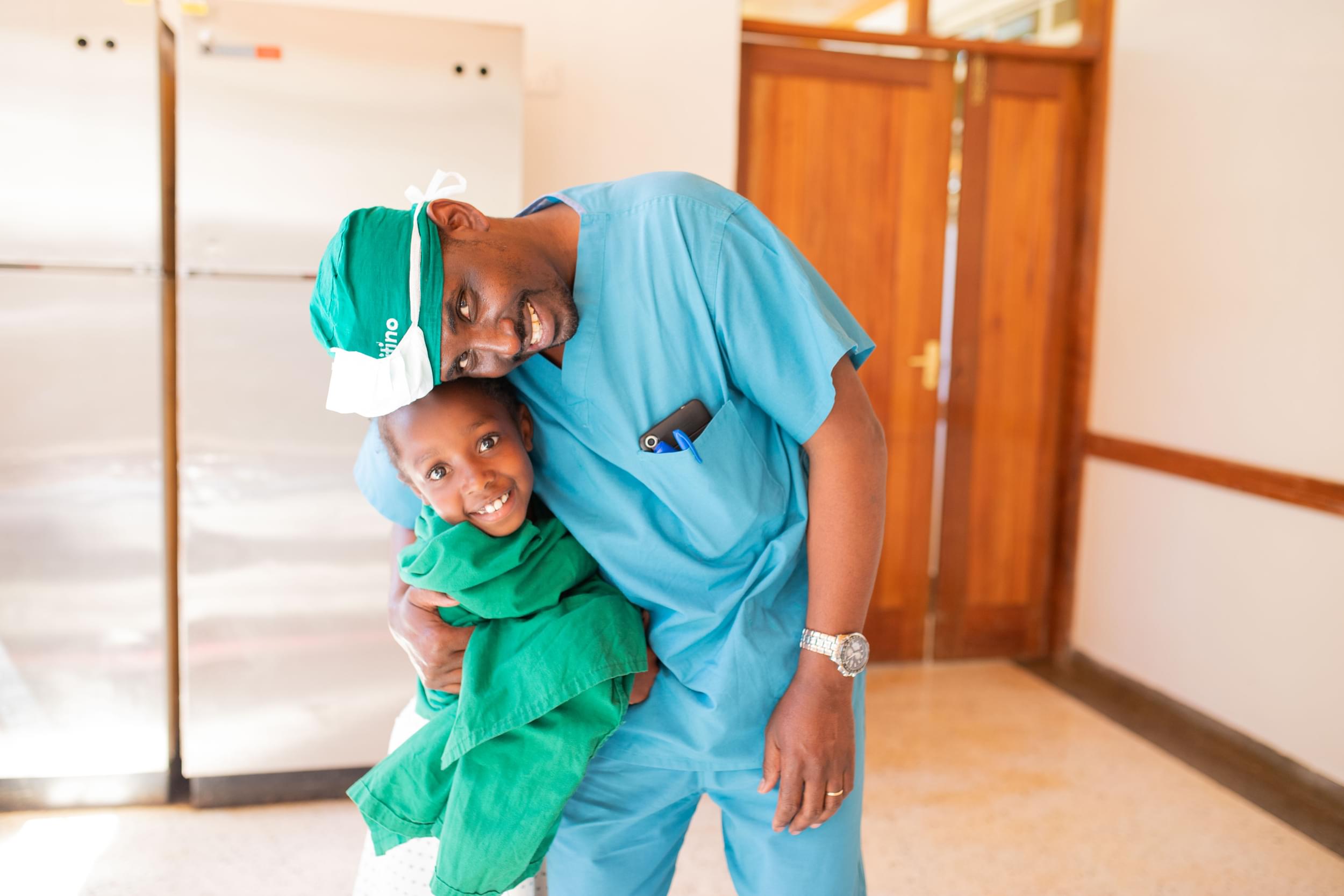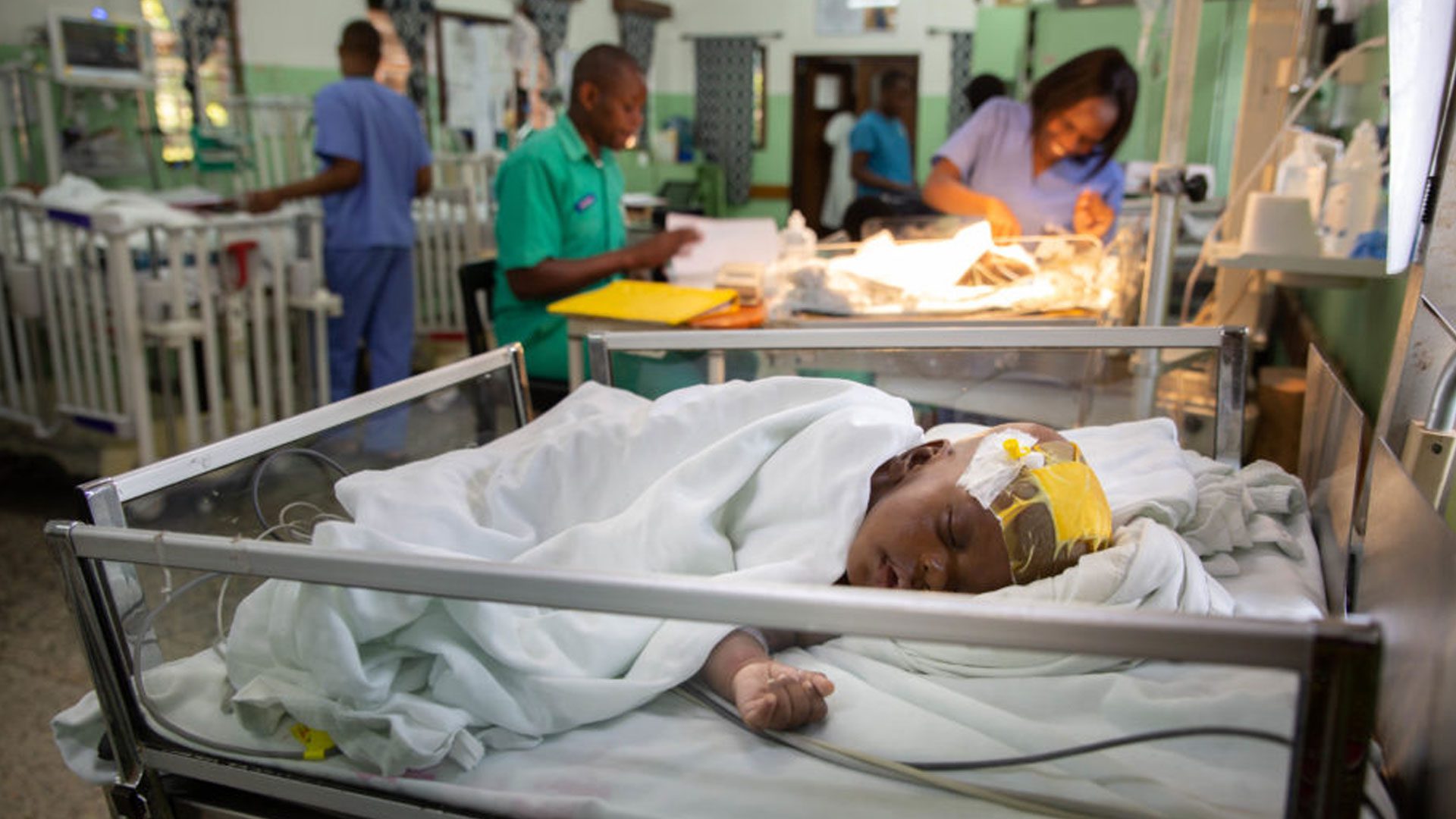Global neurosurgery: the current capacity and deficit in the provision of essential neurosurgical care. Executive summary of the Global Neurosurgery Initiative at the Program in Global Surgery and Social Change
Abstract:
Objective: Worldwide disparities in the provision of surgical care result in otherwise preventable disability and death. There is a growing need to quantify the global burden of neurosurgical disease specifically, and the workforce necessary to meet this demand.
Methods: Results from a multinational collaborative effort to describe the global neurosurgical burden were aggregated and summarized. First, country registries, third-party modeled data, and meta-analyzed published data were combined to generate incidence and volume figures for 10 common neurosurgical conditions. Next, a global mapping survey was performed to identify the number and location of neurosurgeons in each country. Finally, a practitioner survey was conducted to quantify the proportion of disease requiring surgery, as well as the median number of neurosurgical cases per annum. The neurosurgical case deficit was calculated as the difference between the volume of essential neurosurgical cases and the existing neurosurgical workforce capacity.
Results: Every year, an estimated 22.6 million patients suffer from neurological disorders or injuries that warrant the expertise of a neurosurgeon, of whom 13.8 million require surgery. Traumatic brain injury, stroke-related conditions, tumors, hydrocephalus, and epilepsy constitute the majority of essential neurosurgical care worldwide. Approximately 23,300 additional neurosurgeons are needed to address more than 5 million essential neurosurgical cases—all in low- and middle-income countries—that go unmet each year. There exists a gross disparity in the allocation of the surgical workforce, leaving large geographic treatment gaps, particularly in Africa and Southeast Asia.
Conclusions: Each year, more than 5 million individuals suffering from treatable neurosurgical conditions will never undergo therapeutic surgical intervention. Populations in Africa and Southeast Asia, where the proportion of neurosurgeons to neurosurgical disease is critically low, are especially at risk. Increasing access to essential neurosurgical care in low- and middle-income countries via neurosurgical workforce expansion as part of surgical system strengthening is necessary to prevent severe disability and death for millions with neurological disease.




















